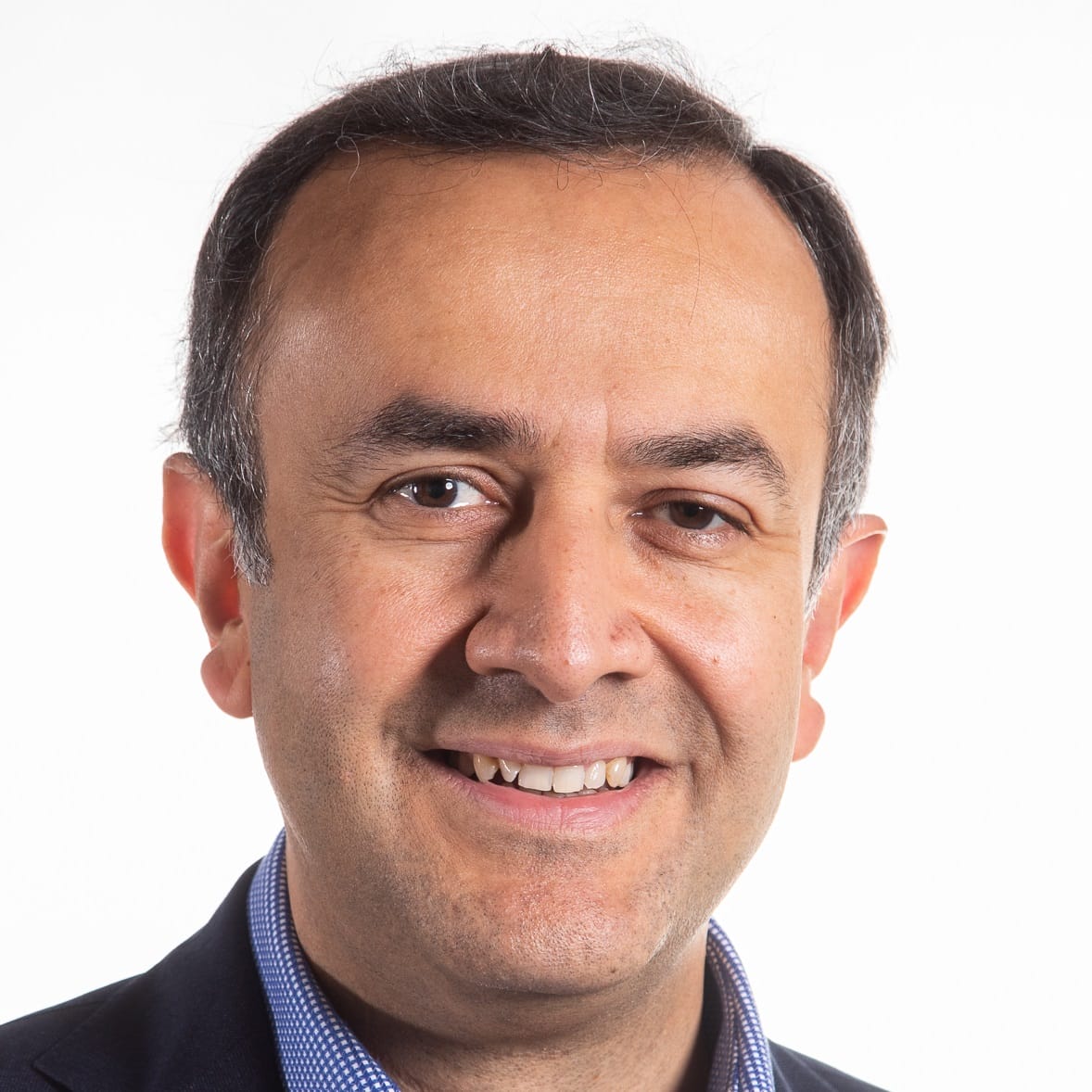FibroScan
FibroScan is a type of ultrasound scan which is used to assess your liver health. London Medical provides rapid access to scans at our private clinic in Marylebone.
Private FibroScan service in London
FibroScan is a type of ultrasound scan which is used to assess your liver health. Specifically, it measures the ‘stiffness’ of your liver, which is in indicator that scarring (fibrosis) is present. It also measures the fat levels in your liver, which is known as a CAP score.
FibroScan is non-invasive and painless, so you won't feel any discomfort. Your consultant will receive the results of your scan within 48 hours.
To make an enquiry, simply call London Medical on 0800 0483 330.
Why do I need a FibroScan?
You may have been recommended a FibroScan if you are suspected of having a condition that affects your liver. This includes, but is not limited to:
- hepatitis B and C
- metabolic dysfunction-associated steatotic liver disease (MASLD)
- alcohol-related liver disease
- cirrhosis
- diabetes or pre-diabetes
- metabolic syndromes, such as obesity, insulin resistance, and hypertension
- an abnormal liver function test
- a negative response to drug therapies, such as those used to manage diabetes and obesity
FibroScan may be used to:
- diagnose conditions
- monitor progression of a condition
- guide treatment decisions
- evaluate how effective a treatment has been
How does FibroScan work?
FibroScan is a type of ultrasound scan, which uses high-frequency sound waves to evaluate your liver. Traditionally, this would have been carried out by liver biopsy – however, unlike liver biopsy, FibroScan is fast, non-invasive, and painless.
Liver scarring is measured using a scoring system between 0 and 4. A score of F0 or F1 means that little to no scarring is present.
FibroScan also provides a fat score – also known as a CAP score – which is a measurement of fat levels in the liver. A healthy liver has a CAP score of 5% or less.
Private FibroScan consultants in London
FibroScan at London Medical is led by Professor Raj Mookerjee, Consultant Hepatologist.
Professor Raj Mookerjee
Consultant hepatologist with a specialist interest in management of cirrhosis complications and alcoholic liver disease.
Speak to a member of our team
Contact the appointments team
If you have any questions or want to book an appointment, please speak to our team on +44 (0)800 0483 330.
Or, make an enquiry online using this form and one of our team will be in touch. Please note, all the information collected is required as part of our registration process. By using this form you agree with the storage and handling of your data by our team. You don't need a referral from your GP to make an appointment with us.

